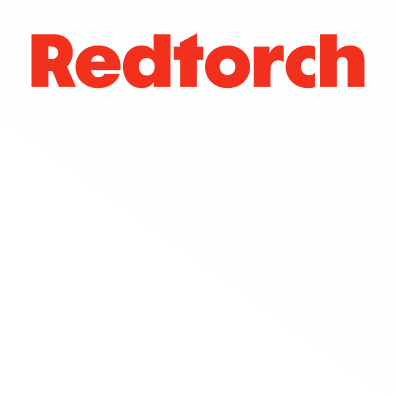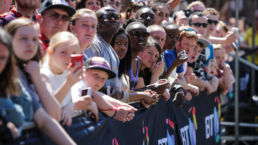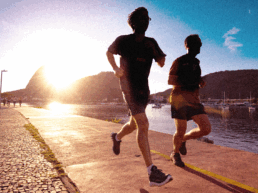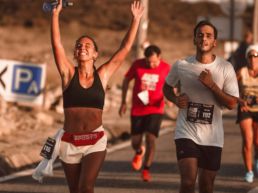For a host city, the list of sports and entertainment events on offer is long and constantly growing. ESports, action sports and other mass participation events are taking more of the centre ground, appealing to changing consumer habits and their search for increasingly diverse experiences.
Has the event-bidding business shifted from a seller’s market to a buyer’s market?
New developments in the market suggest this is the case:
- The creation of the International Association of Event Hosts is about sharing best practice, but it could also be interpreted as a sign that host cities are looking to shift the balance of power in their favour.
- More rights holders are launching dedicated event-hosting promotional media assets. FISU being the most recent, adding to the likes of IAAF, UCI and others. From personal experience, I know FINA organises workshops for prospective bidders to understand event hosting opportunities and delivery.
All this activity is very positive. It demonstrates the interest from both sides in creating events that work for both parties, which should rightly be the end goal. However, an outcome of these developments is that rights holders have to work harder to engage and secure new event hosts.
How can rights holders make their event stand out from the crowd?
I believe data can provide the answer to this question.
DATA INSIGHTS: 3 OF THE 6 P’S
Before explaining how data can provide a solution, let’s revisit a few principles of marketing. After all, the event-bidding business is a big marketing exercise for rights holders.
I’m going to focus on 3 of the 6 P’s of marketing (outlined in this great piece on the OTT market), which are the most relevant to event hosting, and offer some of the key questions that data can answer:
People:
- What is the audience persona for those interested in your event?
- How can you segment the total audience into representative groups?
- What is the size of the audience and the representative groups within this audience?
- How do they consume media?
- What type of media do they consume?
- What are their interests, behaviours, attitudes towards your sport and other relevant categories?
Place
- How big is the catchment area for your event?
- Are there concentrated pockets of interest in your sport across your chosen territory?
- What are the potential infrastructure issues (e.g. transport, accommodation) that may impact event attendance?
- What assets does the host city have that could be leveraged to improve your event?
- Which local organisations match local audience interests? Could these organisations be potential event sponsors?
Promotion
- What is the size of your local digital audience?
- Who are the endemic and non-endemic local influencers for your event?
- What is the projected local and international digital reach for your sports event?
- What type of content does the local audience find most engaging?
- When is the best time to engage the local audience?
Now, imagine if the answers to all these questions were presented to a potential host city by the rights holder. They would clearly demonstrate the market potential, the best ways to reach and engage the audience, and, crucially, how to generate revenue through local sponsorship.
A city will consider many factors when deciding to bid or not. However, if rights holders provide a deeper level of insight into the potential impact of its event and demonstrate how it can effectively engage a local audience, it mitigates some of the risk for the event host.
- It will create a positive first impression – any rights holder putting in extra effort to secure a new event host will be appreciated.
- The decision time-frame will be made shorter, as the data provides evidence of the event’s potential success.
- The time-frame for strategy development and implementation will be shorter, as the rights holder will be providing answers to much of the research a host city would usually perform. This will, crucially, minimise expense for the event host.
It’s about going the extra mile to solve foreseeable problems and facilitate your desired outcome by pushing the decision-maker down the marketing funnel.
I believe using data in the right way can provide rights holders with the insights necessary to improve the event-bidding process. If you’re a rights holder with a digital presence, you’re already sitting on a wealth of data. Being able to access and analyse it effectively by using the right people and the right software, rights holders can unlock their audience potential around the world.
REDTORCH has been working with the FISE World Series for two years managing their digital and live-event digital communications. Part of our role is helping to drive the development of the World Series by providing data insights that support host city and sponsorship discussions.
The FISE World Series is a young event currently finding itself on the world stage, but it has some unique features that make it hugely attractive to a global audience. Data is helping communicate these to potential event hosts.
We’re pleased to be helping a great team generate great results.
Watch out for some new cities appearing on the FISE World Series soon, adding to the established excitement of Montpellier, Budapest, Edmonton and Chengdu.





